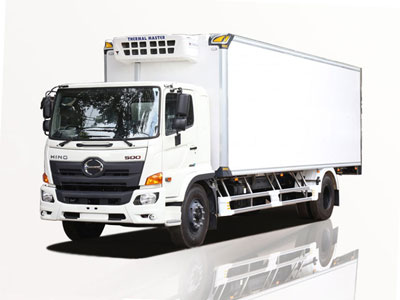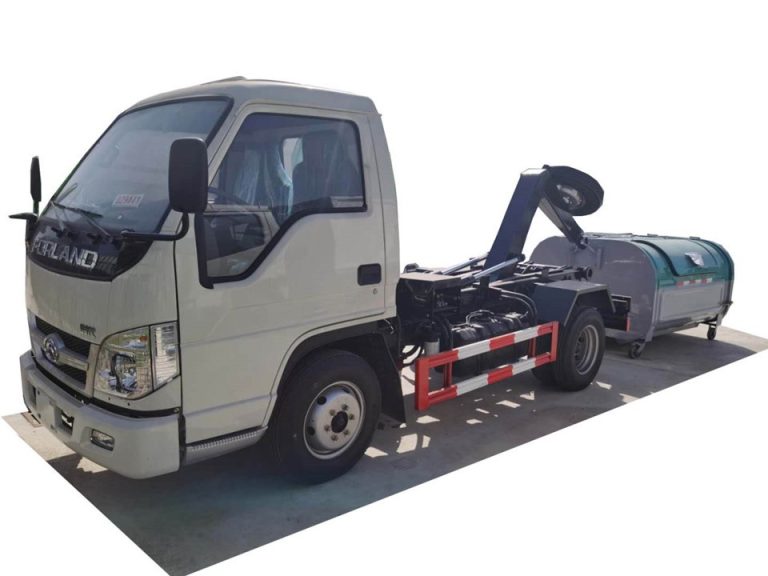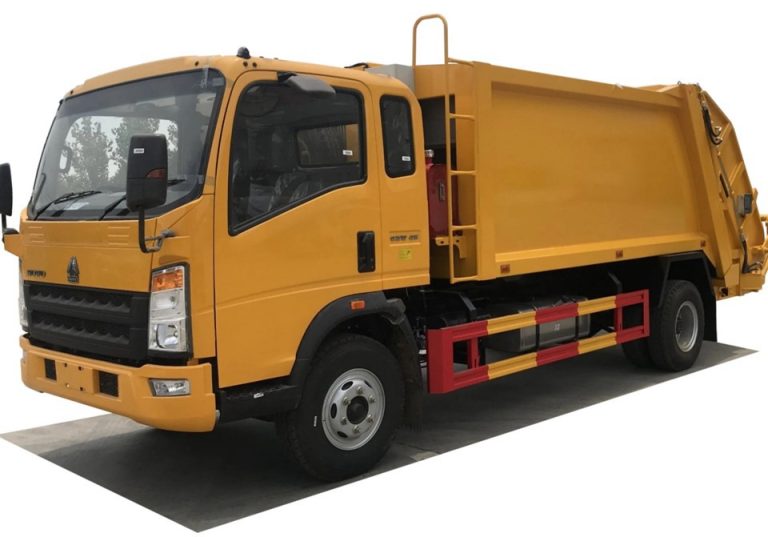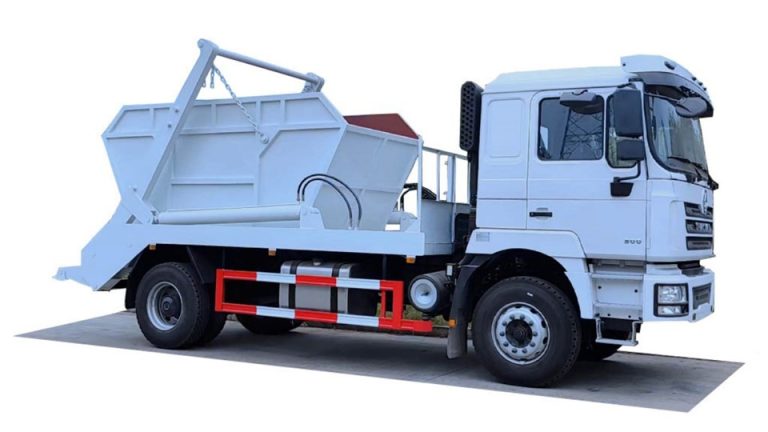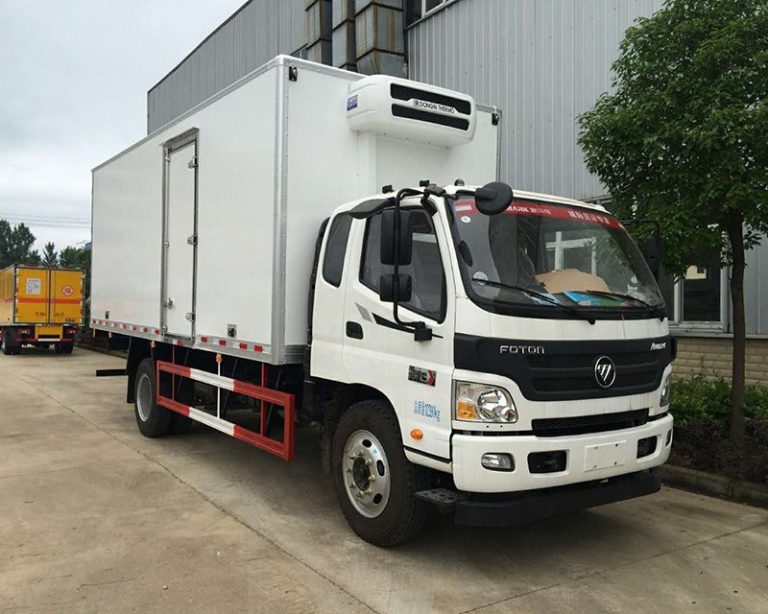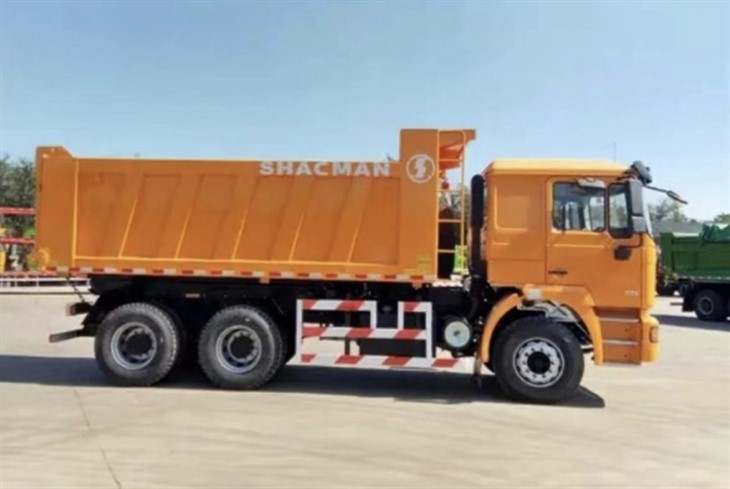The world of recreational vehicles (RVs) is vast and diverse, offering a variety of options for travelers seeking adventure on the road. Among these options, two terms often arise: motorhomes and RVs. While they may seem synonymous at first glance, there are key differences that set them apart. In this comprehensive article, we will explore these differences, clarify terminology, and provide practical insights for potential RV enthusiasts.
Understanding RVs: The Basics
Before diving into the differences, it’s essential to understand what an RV encompasses. RV, or recreational vehicle, is a broad category that includes various types of vehicles designed for recreational purposes. This category can be divided into motorized and non-motorized options:
The Definition of RV
- Motorized RVs: These are RVs powered by their own engines. They include motorhomes and campervans.
- Non-Motorized RVs: These rely on another vehicle for transport. Examples include travel trailers, fifth wheels, and popup campers.
What Is a Motorhome?
A motorhome is a specific type of motorized RV designed for comfortable living on the road. Motorhomes are self-contained, meaning they have the necessary amenities for sleeping, cooking, and bathing.
Types of Motorhomes
Motorhomes can be further classified into three main categories:
- Class A Motorhomes: The largest and most luxurious. They often resemble buses and come equipped with high-end features.
- Class B Motorhomes: Also known as campervans, these are smaller, more compact, and easier to drive. Ideal for solo travelers or couples.
- Class C Motorhomes: These have a distinctive over-cab sleeping area. They strike a balance between size and livability.
| Motorhome Class | Size | Features | Best For |
|---|---|---|---|
| Class A | 30-45 ft | Luxury amenities, spacious living area | Families, full-time living |
| Class B | 16-22 ft | Compact, easy to drive, basic amenities | Couples, solo travelers |
| Class C | 20-33 ft | Over-cab sleeping area, good storage | Families, people looking for balance |
Exploring the RV Category
RVs encompass more than just motorhomes. Understanding this category helps outline what makes motorhomes distinct.
Types of RVs
Here are the primary types of RVs beyond motorhomes:
- Travel Trailers: Towed by a vehicle, they come in various sizes and provide living space without an engine.
- Fifth Wheels: A type of travel trailer that requires a specialized hitch in the truck bed for towing.
- Popup Campers: Compact, foldable campers that can be towed and expanded onsite for a more comfortable experience.
Key Differences: Motorhomes vs. RVs
1. Power Source
The most fundamental difference lies in the power source. Motorhomes are self-powered by their engines, while RVs can be either motorized or towed.
2. Size and Layout
Motorhomes tend to be larger and offer more living space than typical RVs, especially non-motorized ones like travel trailers.
3. Amenities
Motorhomes typically come equipped with more extensive amenities such as kitchens, bathrooms, and entertainment systems. Non-motorized RVs may provide these features, but they vary widely in quality and availability.
4. Driving Experience
Motorhomes can be considerably different from driving a regular vehicle. Class A motorhomes can be challenging to maneuver, while Class B offers an easier driving experience. Towed RVs, on the other hand, require additional planning for the vehicle used for towing.
5. Storage and Maintenance
Motorhomes often need specialized maintenance due to their size and complexity. Non-motorized RVs are generally easier to maintain since they are towed by standard vehicles.
6. Cost Considerations
Motorhomes usually come with a higher price tag than non-motorized RVs because of their built-in systems and features. Additionally, maintenance, insurance, and fuel costs for motorhomes can be more substantial.
Practical Examples of Use Cases
Choosing Between Motorhomes and RVs
Selecting the right type of RV boils down to your specific needs and lifestyle. Below are practical examples to illustrate different scenarios:
Example 1: Full-time Living
If a family intends to live full-time on the road, a Class A motorhome may be the best option. Its spacious layout can accommodate multiple people comfortably.
Example 2: Weekend Getaways
A couple looking for a weekend adventure may prefer a Class B motorhome or a smaller travel trailer, allowing flexibility and ease of use.
Example 3: Budget-Friendly Travel
Travelers on a tight budget may find that a used travel trailer or popup camper suits their needs without the high costs associated with motorhomes.
Common Misconceptions About Motorhomes and RVs
Misconception 1: All RVs Are Motorhomes
Many people think that the term RV exclusively refers to motorhomes. In reality, the RV category encompasses a variety of vehicles.
Misconception 2: Motorhomes Are Always More Expensive
While new motorhomes can be pricey, used RVs (both motorized and non-motorized) can be found at different price points, making it essential to compare options.
Tips for First-Time Buyers
1. Research Thoroughly
Take the time to research different types of RVs and motorhomes. Understand their features, pros, and cons.
2. Consider Your Lifestyle
Your travel habits and preferences will significantly influence your choice. Make sure to align the RV with your lifestyle.
3. Test Drive If Possible
Before purchasing a motorhome, get behind the wheel to understand the driving experience, especially for larger Class A models.
4. Evaluate Storage Needs
Consider how much storage space you’ll need for gear, supplies, and personal belongings, especially for longer trips.
5. Check Maintenance Costs
Research potential maintenance costs for the type of RV or motorhome you’re considering, as these can vary significantly.
Example of Maintenance Costs
| Type of RV | Estimated Annual Maintenance Cost |
|---|---|
| Class A Motorhome | $1,200 – $3,000 |
| Class C Motorhome | $800 – $2,000 |
| Travel Trailer | $500 – $1,500 |
FAQ Section
1. What is the main difference between a motorhome and a travel trailer?
The primary difference is that motorhomes are self-propelled, while travel trailers require a separate vehicle for towing.
2. Are motorhomes suitable for families?
Yes, motorhomes, especially Class A and Class C models, often have ample space and amenities suitable for family travel.
3. Can I tow a car behind a motorhome?
Yes, many motorhomes come equipped with a towing hitch to allow for towing additional vehicles.
4. How do I choose between a motorhome and a camper van?
Consider your travel needs—tagging along more amenities and space with a motorhome versus the compact and easy-to-navigate camper van.
5. Do motorhomes require special driving licenses?
In most locations, a standard driver’s license suffices for driving a motorhome, but check local regulations for specific requirements.
6. Can a motorhome be used like an RV?
Yes, since all motorhomes fall under the RV category, they can serve the same recreational purposes as other types of RVs.
